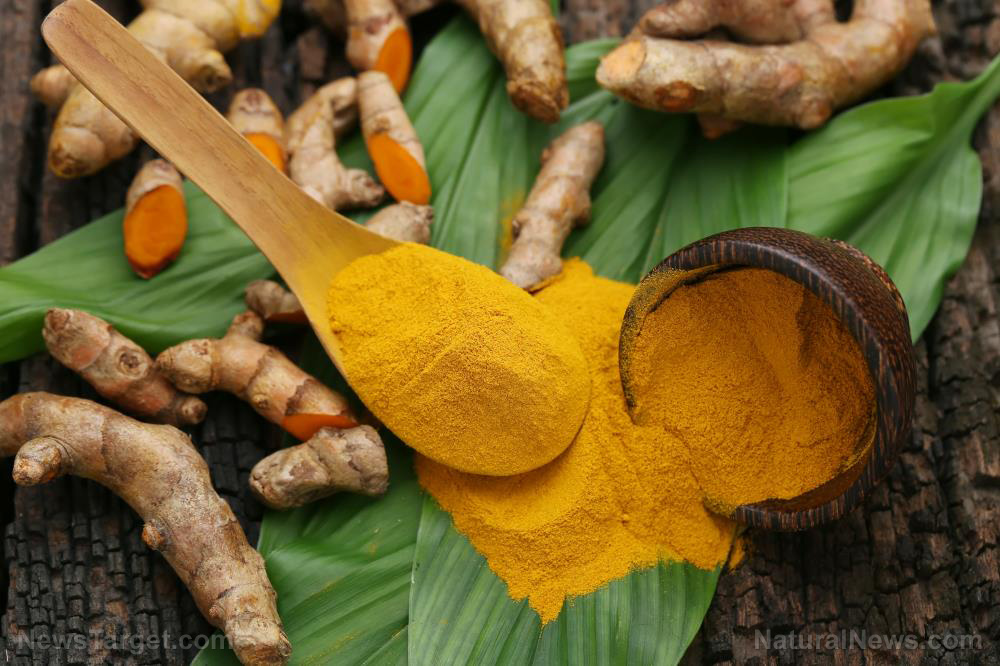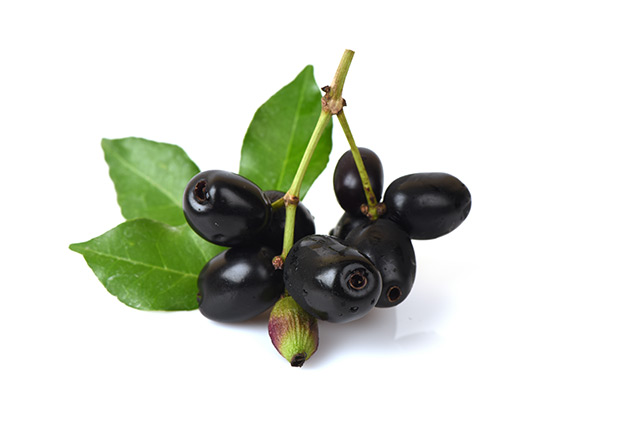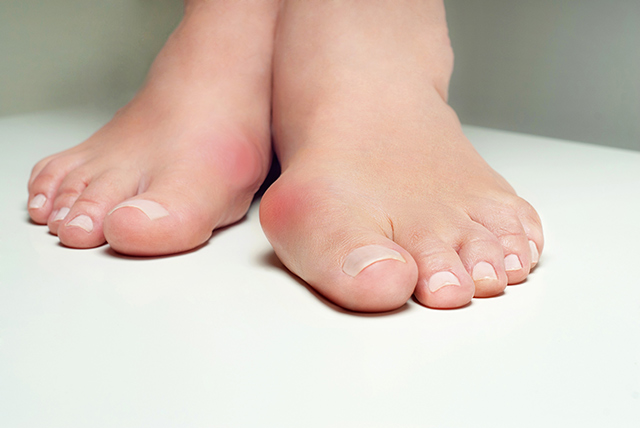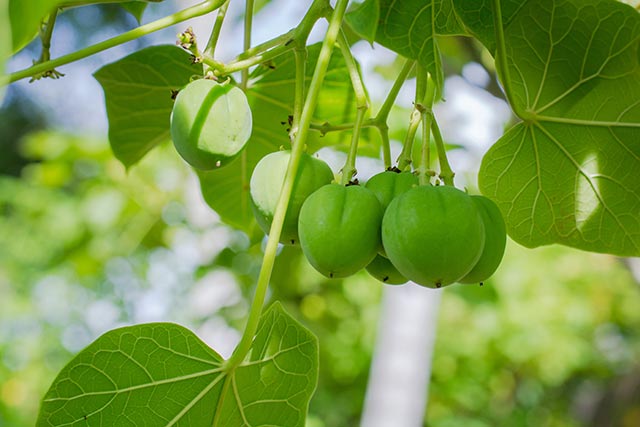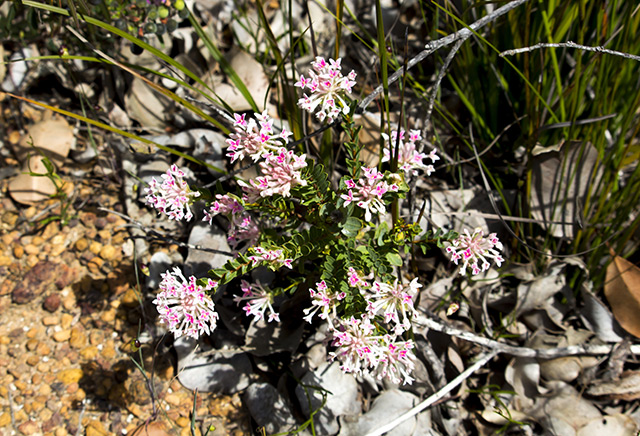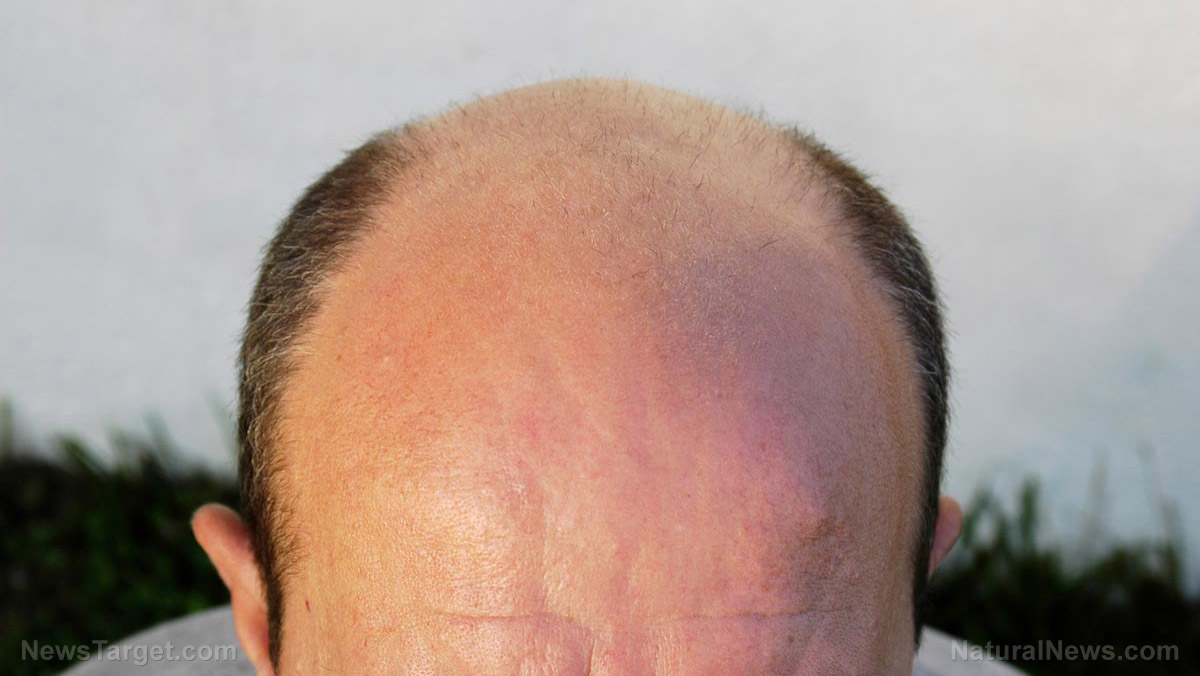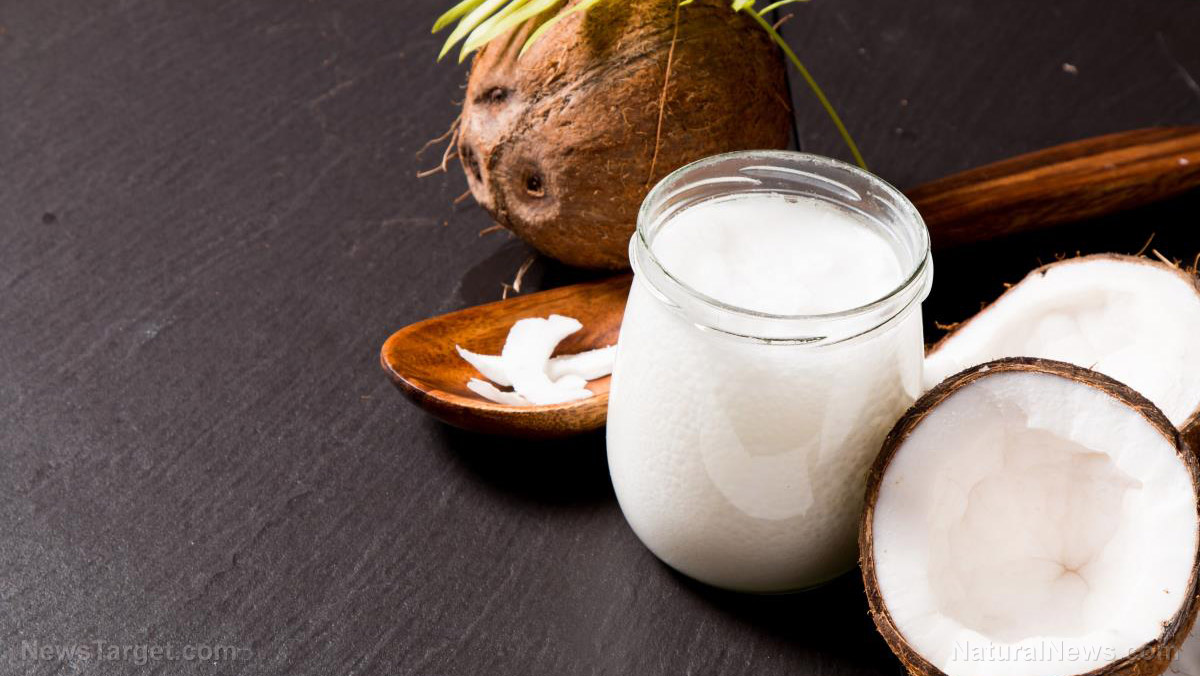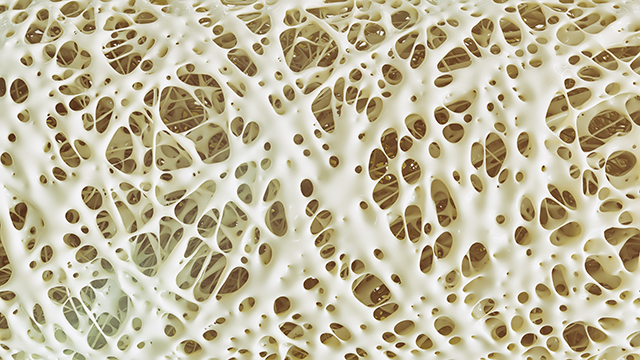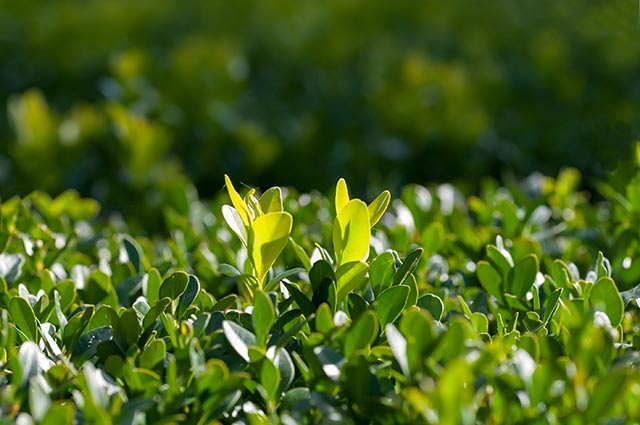This often overlooked weed grows EVERYWHERE and has many amazing uses
10/21/2018 / By Rhonda Johansson
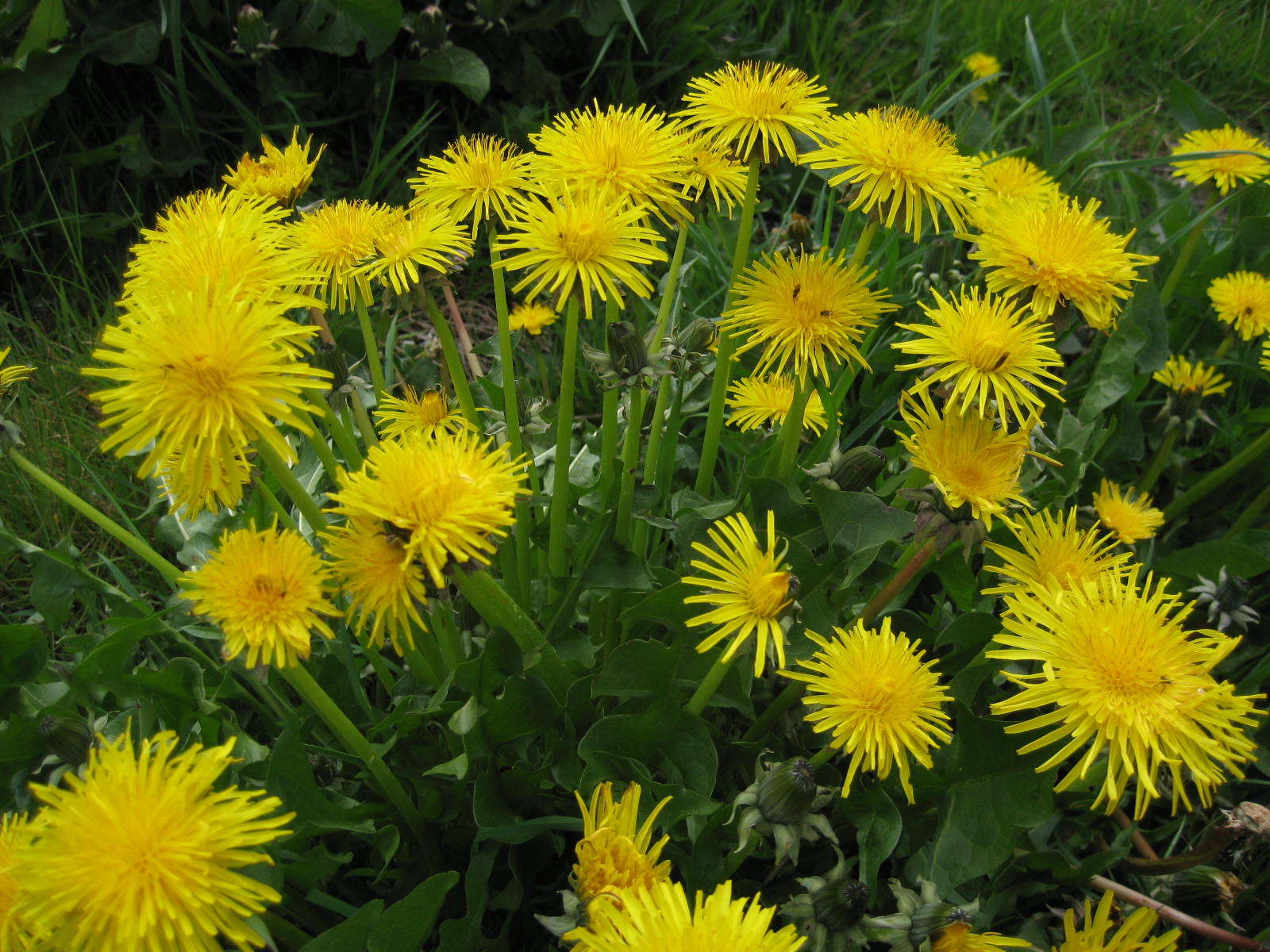
It was only in the twentieth century that the dandelion was classified as a weed. Before we became obsessed with the appearance of our lawns, these golden blossoms were part of folk medicine and loved for their various health benefits. In fact, some gardeners used to weed out grass to make room for more dandelions. An article on OfftheGridNews.com has listed five uses for dandelions that we may have forgotten about.
- As a tea — The French called dandelions pissenit, which roughly translates to “pee-the-bed,” referring to the diuretic properties of the flower. Many wellness experts recommend steeping the flower in hot water for around 15 to 20 minutes. Several studies have concluded that two servings of dandelion tea can significantly increase urine output. There is also evidence to show that dandelion root can increase the flow of bile. Naturopaths describe the flower as a wonderful “liver tonic,” helping detoxify the organ, aid with skin and eye problems, and relieve certain symptoms of liver disease.
- As a food — Dandelion can also be enjoyed fresh as a salad dressing, in soups or casseroles, or as part of a stir-fry. It must be emphasized that dandelions need to be cleaned properly in order to reduce the risk of contamination. To do this, swish the greens around in a deep pan filled with water. Do this several times until the remaining water runs clear. After this, cut open the crowns without severing the leaves and scrape the debris from each rosette. Add young leaves to your salad.
- As a honey — While not the best honey in terms of health benefits (Related: Study: Manuka honey kills more bacteria than all available antibiotics), dandelion honey is still a great alternative to traditional sugar. To make your own, gather around four cups of dandelions, including their roots. Place these in a pot of boiling water. Allow the mixture to boil for around three minutes. After this time, cover the pot and turn off the fire. Allow the concoction to soak overnight. Strain out the dandelions and then heat the mixture over very low flame. Add a cup of sugar and the juice of one medium-sized lemon. The mixture should simmer for around 30 minutes, or until it reaches a syrup-like consistency. This can then be stored in a glass jar and used as you would honey.
- As a wine — This, perhaps, is one of the more common uses of dandelions. Preppers can make their own dandelion wine with only a few fresh flowers. Dandelion wine has a gentler taste and is more aromatic than traditional wine. If you choose to make your wine from the whole head though, you would produce a wine with a heavier taste because of the higher concentrations of tannin.
- As a medicine — Dandelions have been touted to lower blood pressure, calm an upset stomach, and even remove warts. Its main purpose though is as a diuretic. Wellness experts caution people to not take dandelions with other diuretics or any other prescription medicine that may promote urine output.
The lion’s tooth
Dandelions are also called the lion’s tooth for the unusual shape of their leaves — and indeed, the flower is quite the royalty in terms of the many essential vitamins and nutrients they are packed with. Dandelions are excellent sources of vitamins A and C and contain moderate amounts of iron and calcium. An article on OrganicFacts.net notes that the health benefits of dandelion include: promoting bone health, helping with liver detoxification, moderating blood sugar levels, improving symptoms of urinary disorders, and treating various skin diseases caused by microbial and fungal infections.
Sources include:
Tagged Under: Dandelion, dandelion benefits, dandelion root, Herbs, homesteading, natural cures, natural diuretic, natural medicine, plant medicine, prepper medicine, survival food, wildcrafting

